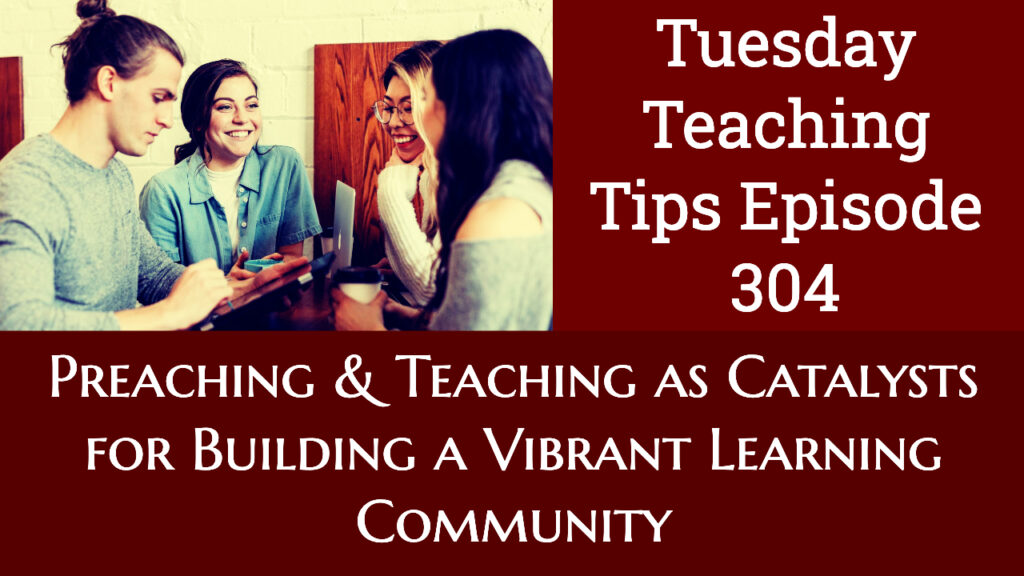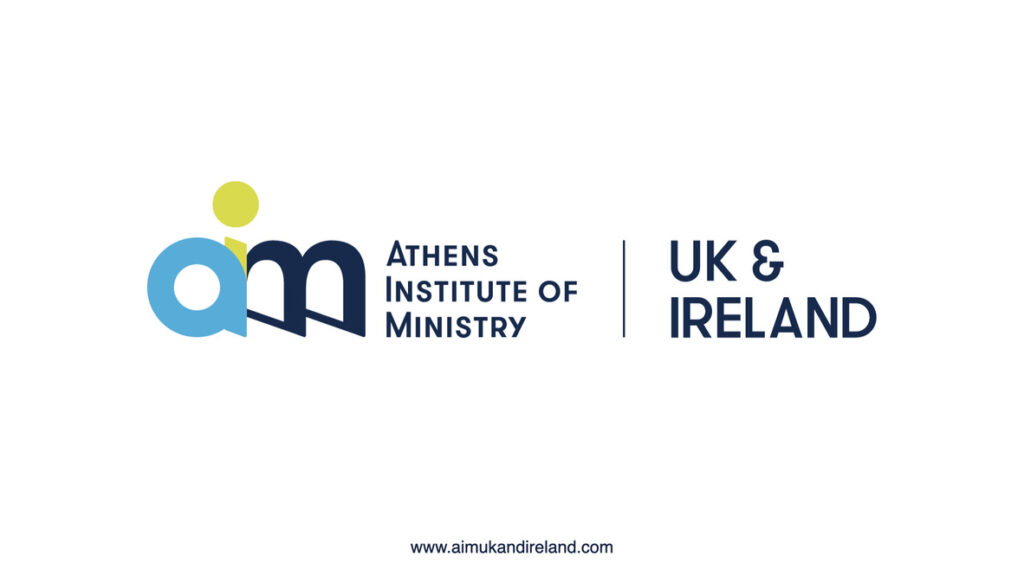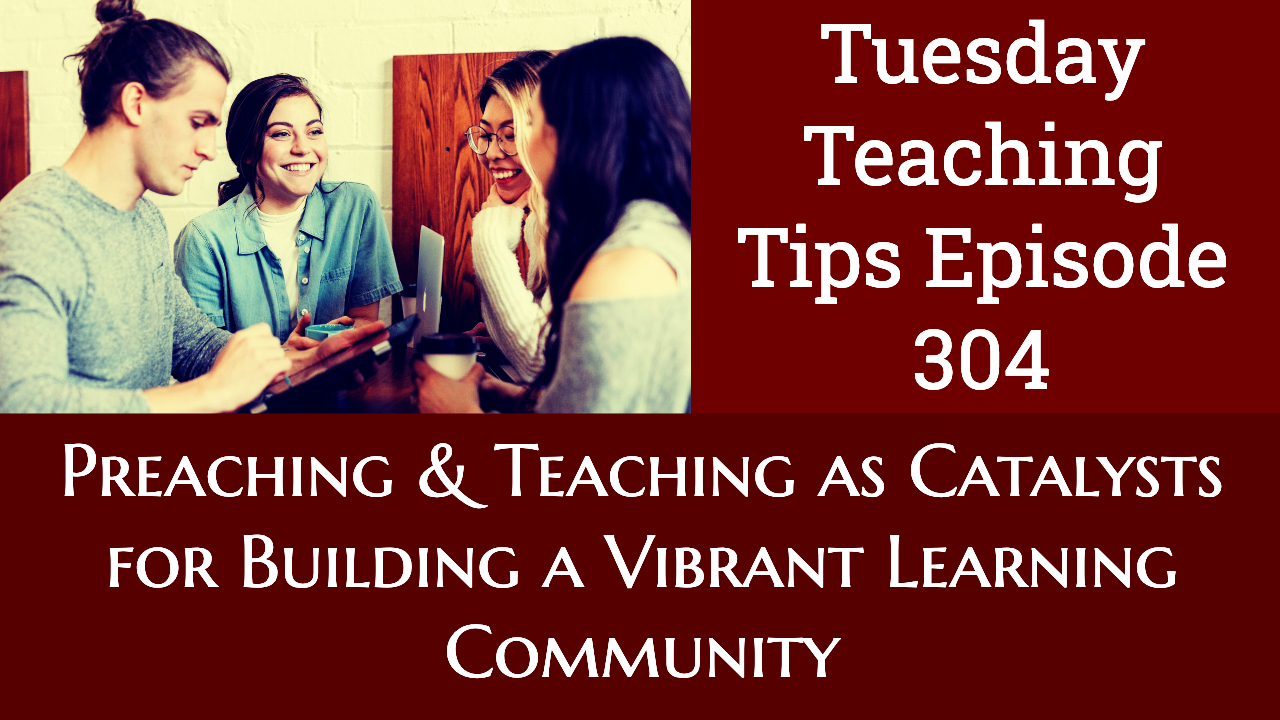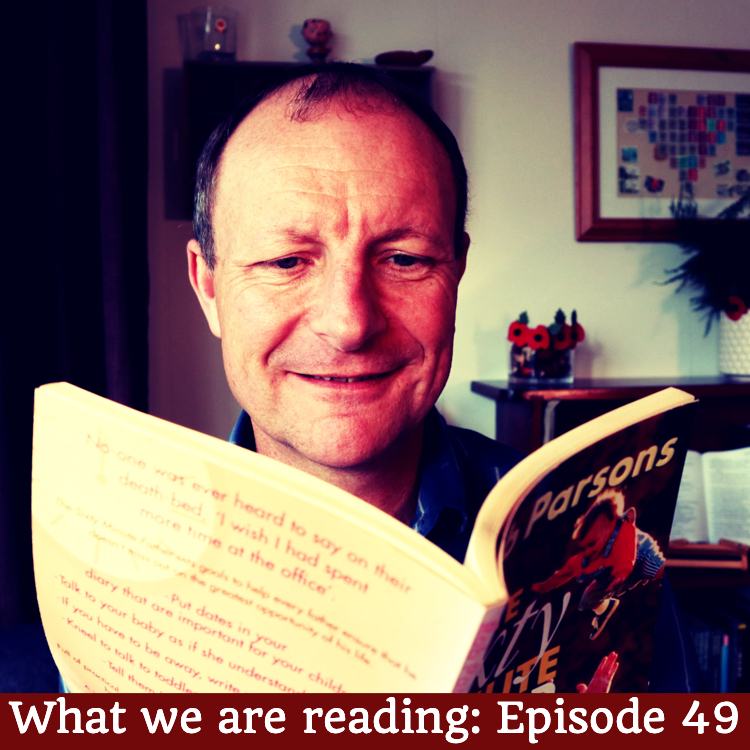
Last Sunday we wrapped up our series on 1 Thessalonians. We learned together. How?
- Do we want to know what people know and are thinking?
- A preacher and teacher is tasked with creating a learning community – not simply preaching and teaching
- Ask questions
- In Matthew 16:13-16, Jesus asks his disciples, “Who do people say the Son of Man is?” and then follows up with the more personal question, “But what about you? Who do you say I am?” This question prompts Peter’s confession that Jesus is the Messiah, the Son of the living God.
- Allow silence
- “Then Jesus asked them, “Which is lawful on the Sabbath: to do good or to do evil, to save life or to kill?” But they remained silent.” (Mark 3:4 NIV11)
- People need time
- By remaining silent and allowing others to speak, we create space for them to express themselves fully and to feel heard and understood.
- People become convinced we want to hear from them
- Respond positively
- Takes courage to speak up – honour that
- Expand where helpful (briefly)
- Public speaking as a ‘conversation’ with your audience
Conclusion
- Your disposition is the most important aspect
- Did you (preacher/teacher) come to learn today?
- Will you try this?
Why not sign up for AIM: https://www.aimukandireland.com. Send me an email expressing interest if you cannot find what you need on the site.

Please add your comments on this week’s topic. We learn best when we learn in community.
Do you have a question about teaching the Bible? Is it theological, technical, practical? Send me your questions or suggestions. Here’s the email: malcolm@malcolmcox.org.
If you’d like a copy of my free eBook on spiritual disciplines, “How God grows His people”, sign up at my website: http://www.malcolmcox.org.
Please pass the link on, subscribe, leave a review.
Keep calm and carry on teaching.
God bless, Malcolm


